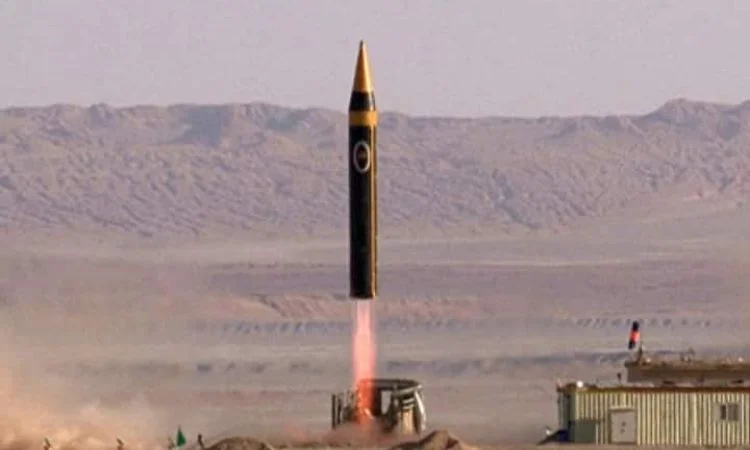Tensions have been rising between neighbouring states Pakistan and Iran, with both countries recently carrying out missile strikes on each other’s territory. According to reports, Pakistan conducted operations targeting “terrorist hideouts” in Iran’s Sistan-Balochistan province on January 19th. This retaliation comes just days after Iran launched missile and drone attacks on bases belonging to the banned terrorist group Jaish-al-Adl in Pakistan’s Balochistan region.

As per details available, during Pakistan‘s recent operation dubbed “Marg Bar Sarmachar” (death to the terrorists), preliminary reports indicate a number of suspected terrorists were killed. However, Iranian media has stated that at least 9 civilians, including 4 children and 3 women lost their lives in the attack. If verified, the death of innocent people, particularly minors is an unfortunate tragedy and condolences should be offered to the bereaved families.
On its part, Pakistan has maintained that credible intelligence was received about impending terrorist activities being planned from these safe havens inside Iran. It is notable that Pakistan has long shared actionable evidence with Iran of terrorists belonging to proscribed outfits like Jaish-al-Adl operating with impunity from its soil. While Pakistan respects Iran’s sovereignty, its primary responsibility remains safeguarding citizens from threats emanating externally. However, minimizing civilian harm should always remain a priority.
This escalation comes despite Pakistan and Iran sharing deep-rooted cultural and economic ties as brotherly countries. Both nations have called for further cooperation and coordination to check cross-border terrorism. It is alarming that recent sanctions have driven certain groups into the waiting arms of inimical forces, highlighting the need for more inclusive policies. Meanwhile, terrorist backers too seek to destabilize the region by exploiting its fault lines.
A de-escalatory and diplomatic approach is need of the hour. While swift action against imminent threats is necessary, appropriate verification and care must be exercised to avoid civilian casualties that become a propaganda tool for others. Both sides would do well to re-open dialogue through proper institutional channels, addressing each other’s concerns in a constructive manner. Only through empathy, mutual understanding and good faith can they rebuild trust and ensure territorial sovereignty is never violated under any pretext.
Going forward, it is hoped that with cool heads prevailing over raw emotion, Pakistan and Iran can resolve issues between them. As siblings in this diverse but interconnected neighborhood, their collective security and stability rests on reconciliation. With challenges aplenty, unity of purpose based on sovereign equality and respect holds the key towards durable peace.















